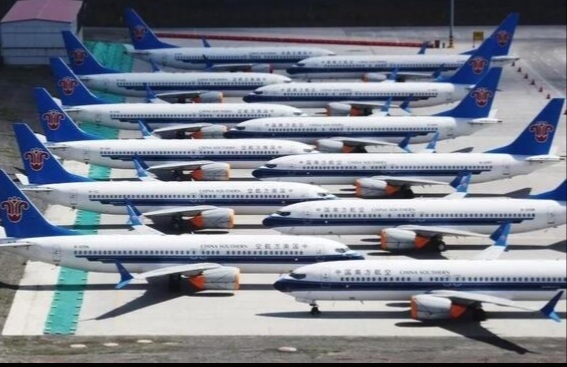China has halted Boeing deliveries as tensions in the trade war with the U.S. escalate. President Donald Trump has imposed tariffs up to 145% on Chinese imports as part of his strategy to balance global trade. This move coincides with Trump’s recent medical report revealing a “precancerous condition.” Chinese officials have instructed airlines to cease taking deliveries from Boeing and halt purchasing aircraft parts and equipment from U.S. companies.
Trump recently announced a 90-day pause on many of his tariffs, noting concerns from bond market investors, but high tariffs on China remain in place. The U.S. administration is also launching investigations into the imports of computer chips, chip-making equipment, and pharmaceuticals. These probes, posted by the Department of Commerce, seek public comment within three weeks. The investigations focus on the potential national security risks posed by these imports, as permitted under Section 232 of the Trade Expansion Act of 1962.
Additionally, Trump hinted at potentially exempting the auto industry from tariffs, allowing carmakers time to adjust their supply chains. He mentioned that automakers need time to shift production to the U.S. from Canada, Mexico, and other locations.
Matt Blunt, president of the American Automotive Policy Council, emphasized that while the group shares Trump’s goal of increasing domestic production, broad tariffs on parts could undermine that effort, and the transition will require time.














